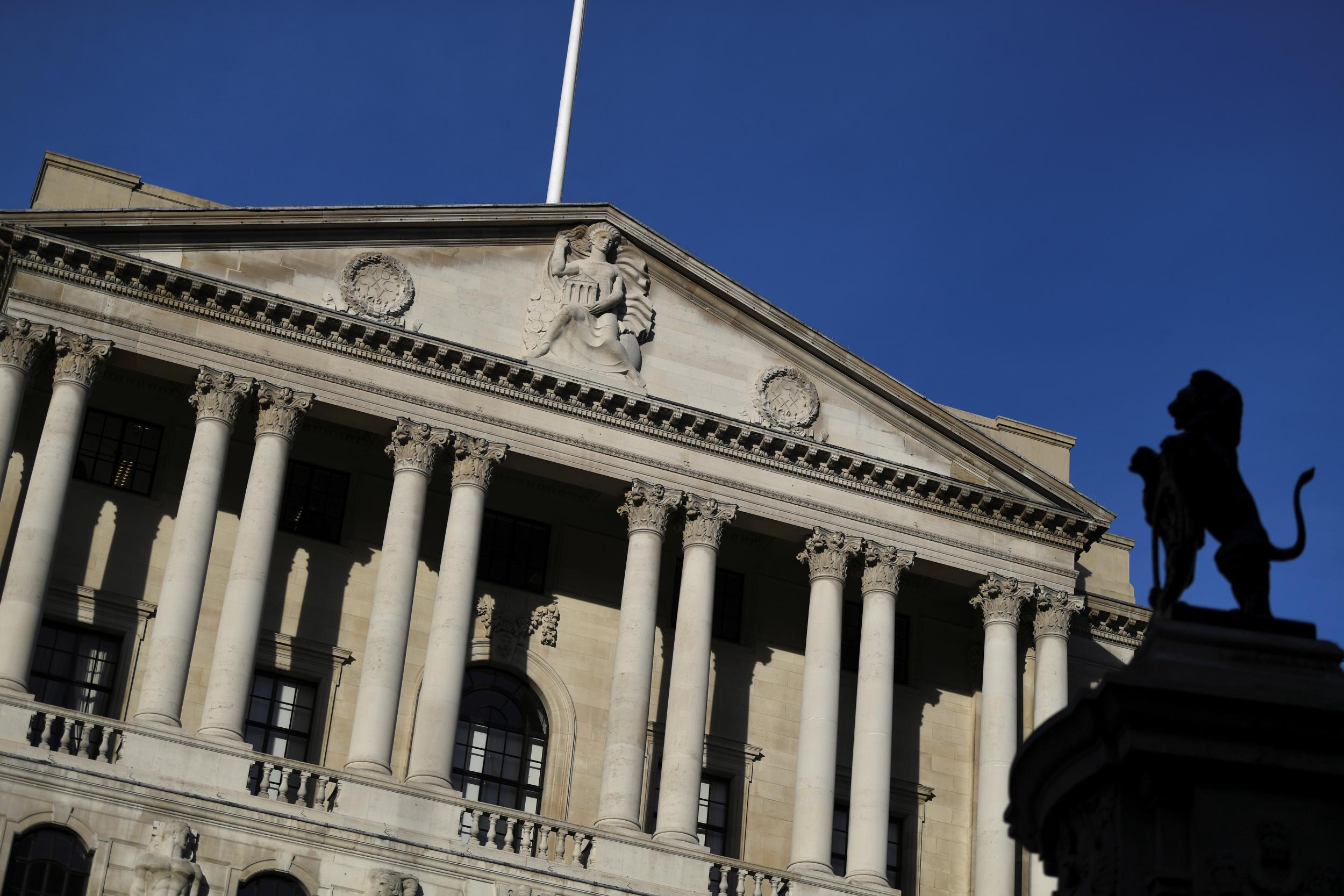UK inflation misses expectations as April reading falls to 2.4%, show official figures
Economists had been expecting the reading to stay the same as in March, at 2.5 per cent

UK inflation was lower than expected in April, eroding predictions of an August interest rate rise from the Bank of England.
City of London analysts had expected the annual Consumer Price Index growth rate to remain steady at 2.5 per cent in March.
But instead it dipped to 2.4 per cent. The Office for National Statistics said the biggest factor pulling the rate down was air fares, which were influenced by the timing of Easter.
The pound was down in morning trading, dipping 0.63 per cent to $1.3345, as traders reduced back bets on a summer rate rise from the central bank.
The bank’s governor, Mark Carney, told the Treasury Select Committee on Tuesday that weaker than expected inflation in March had been one of the influences on the bank deciding not to hike interest rates this month, but many analysts had said that an August increase in borrowing was still possible.
Kevin Doran, chief investment officer at AJ Bell, said that the recent weakness in the pound and the rising oil price “are a concern and could quickly reverse the drop in inflation”.
“The jump in the oil price has started to hit petrol pumps, pushing up costs for UK consumers and businesses alike. In addition, the weak pound will be driving up input costs for many UK companies which will ultimately filter through to UK consumers in the coming months,” said Mr Doran.
“If inflation does increase, UK consumers will once again start to feel the pinch. Wage growth is currently only marginally ahead of inflation at 2.6 per cent, and interest rates on cash savings remain rock bottom – so rising prices will weaken the spending power of both earnings and savings.”
Alistair Wilson, head of retail platform strategy at Zurich, offered a more optimistic view and said UK inflation is “finally heading in the right direction for savers”.
“Coupled with rising wages and record levels of employment, this will provide a small yet well deserved boost to the spending power of UK households,” he said.
“The final part of the puzzle is what the [bank’s] Monetary Policy Committee chooses to do with interest rates, with a rise held off from May but still on the table for later this year.”
However, Charles Haresnape, chief executive of Gatehouse Bank, said the UK’s savers “still have little reason to feel uplifted”.
“Despite its recent falls, inflation remains far above what the average deposit account is paying, which means the vast majority of savers are still seeing their capital eroded in real terms,” he added.
Subscribe to Independent Premium to bookmark this article
Want to bookmark your favourite articles and stories to read or reference later? Start your Independent Premium subscription today.

Join our commenting forum
Join thought-provoking conversations, follow other Independent readers and see their replies